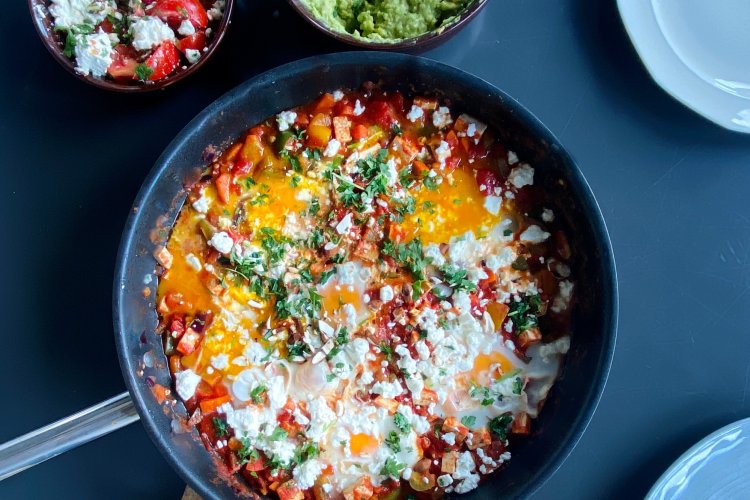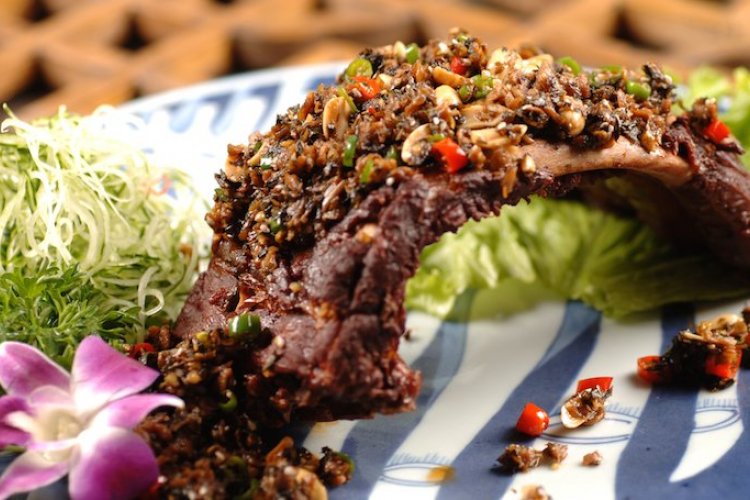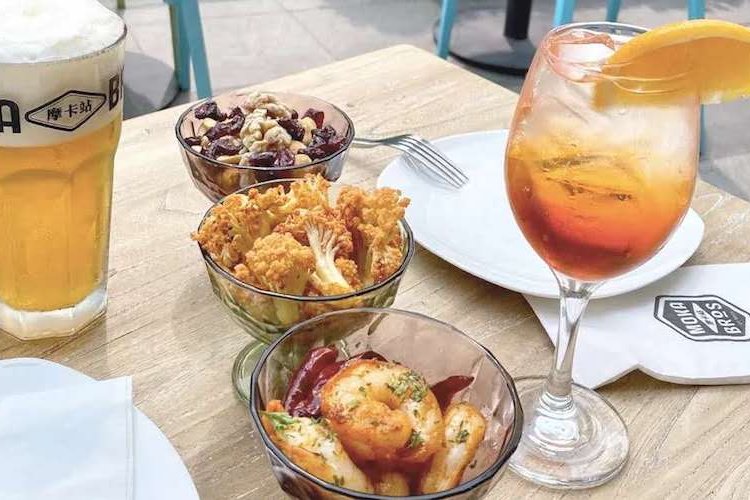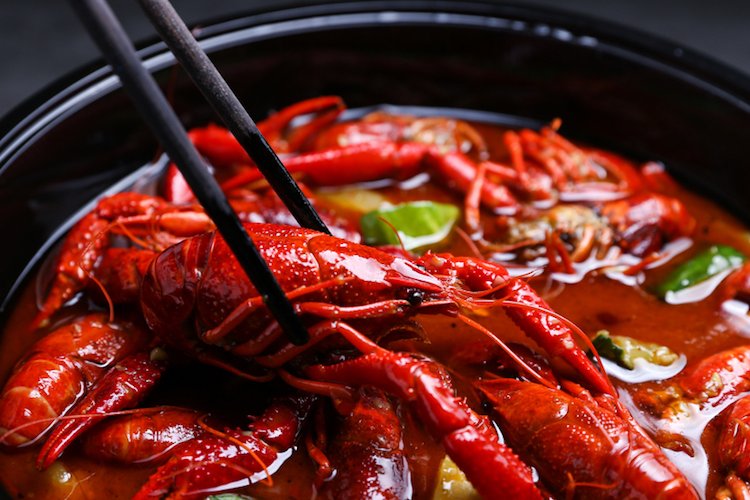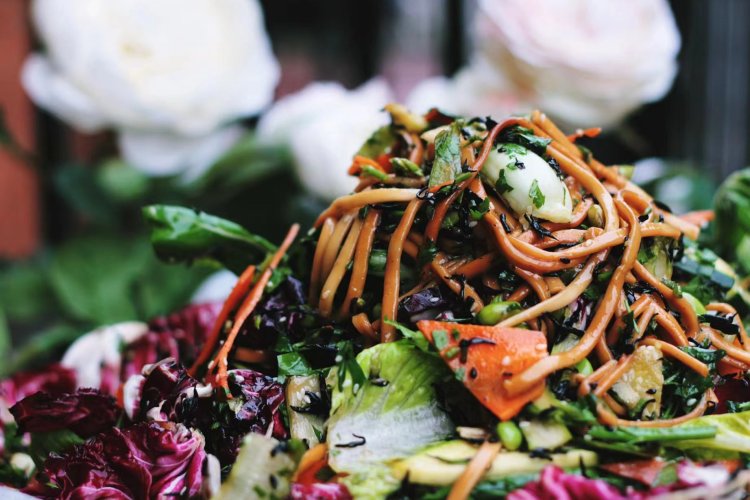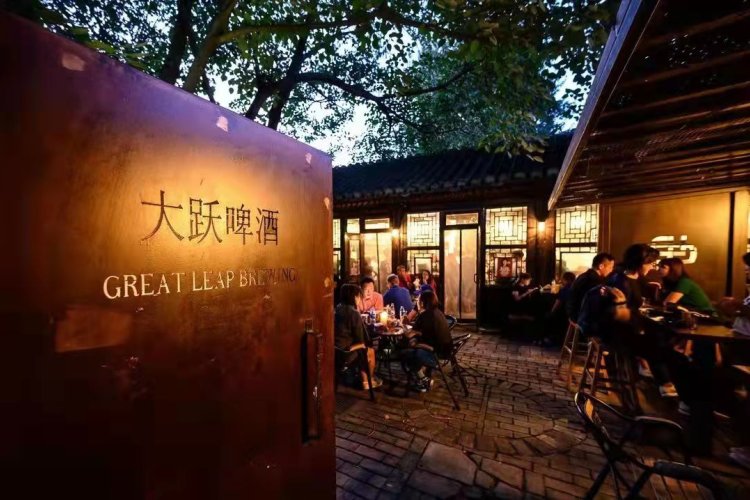Dr. Coelho began by stressing the importance of seafood in Portuguese cuisine, appealing to our enjoyment of useless trivia by pointing out that Lisbon is the only European capital by the sea
No... look at a map of Europe. There is actually quite a number of capitals 'by the sea.'
Athens. Copenhagen. Helsinki. Talinn. Dublin...
You would have thought this was common knowledge.

